
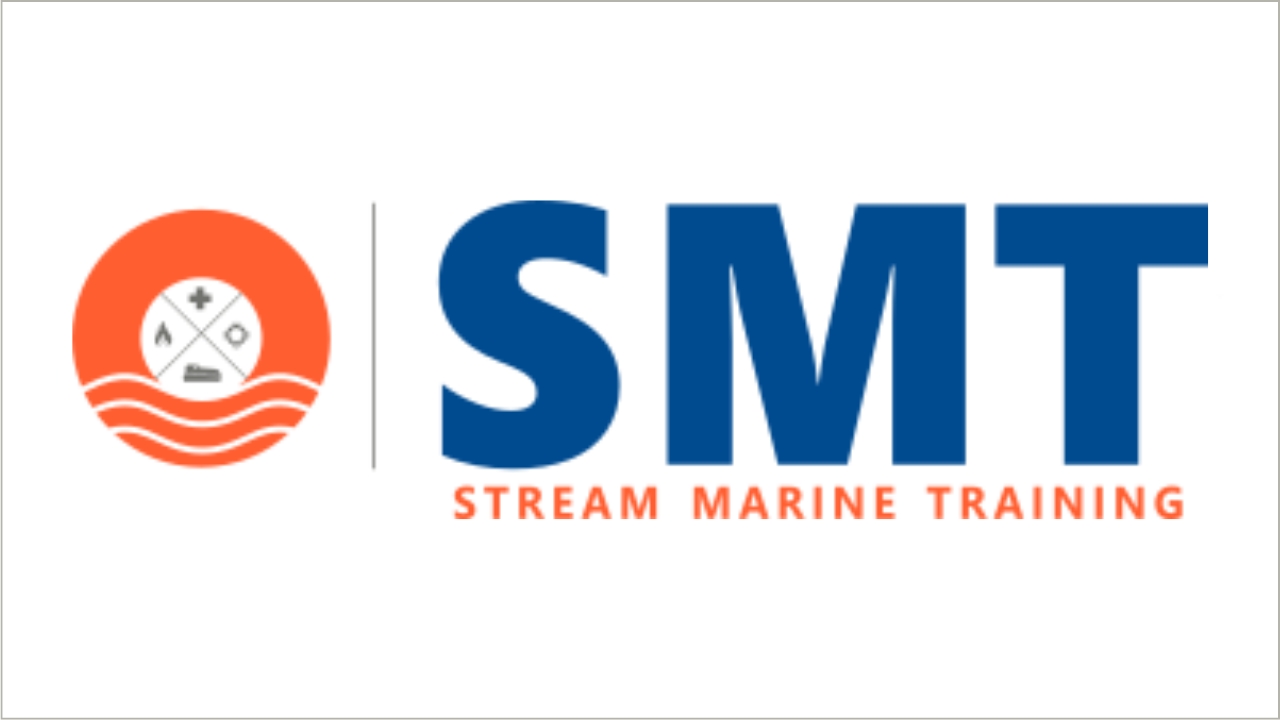 |
Stream Marine Training (SMT) has welcomed the International Maritime Organisation's interim training guidelines on alternative fuels while calling for more specific safety standards tailored to individual fuel types.
The maritime training provider, part of Stream Marine Technical, said the new framework provides a foundation for preparing seafarers for the transition to low-carbon fuels, but argued that generic guidelines are insufficient to ensure crew safety.
"Real safety comes from fuel-specific training," commented Martin White, CEO of Stream Marine Training. "Ammonia, hydrogen, LNG, and methanol each carry unique hazards. Reading about ammonia toxicity is not enough. Seafarers must be trained to handle these fuels in realistic conditions, with the right levels of firefighting and emergency response preparation."
The UK firm provides basic and advanced IGF Code training, as well as tailored fuel-specific awareness training designed to supplement mandatory courses and address the unique risks of each alternative fuel type.
SMT also offers fuel-focused firefighting and emergency response training, leveraging its experience in global bunkering projects. And there is a specific focus on methanol, with training frameworks developed to support safe adoption in the industry.
The company's training expertise was recently recognised by Lloyd's List Decarb Hub, which appointed SMT as Technical Lead to prepare training frameworks for alternative fuel operations at sea.
"At Stream Marine Training, safety comes first," White remarked. "As the industry transitions to new fuels, we are committed to ensuring that seafarers have the knowledge, confidence, and hands-on experience to operate safely in this new era."
According to Stream Marine Technical, operators now face practical and complex questions with growing pressure to cut emissions and the rapid uptake of methanol-ready and methanol-capable tonnage.
Stream Marine Group comprises three divisions: Stream Marine Training, Stream Marine Technical, and Stream Marine Careers. The company provides safety and technical training to the maritime and offshore sectors.
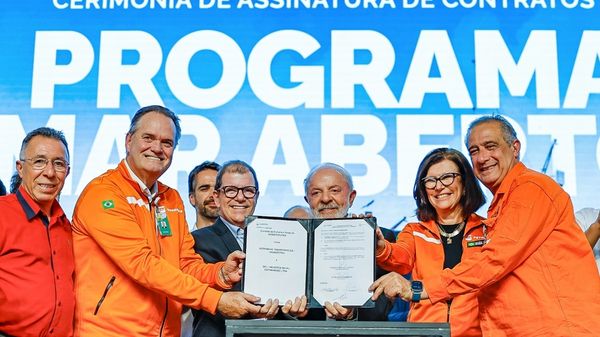
|
Petrobras and Transpetro order 41 vessels worth $470m for fleet renewal
Brazilian state oil companies contract gas carriers, barges and pushboats from domestic shipyards. |
|
|
|
||
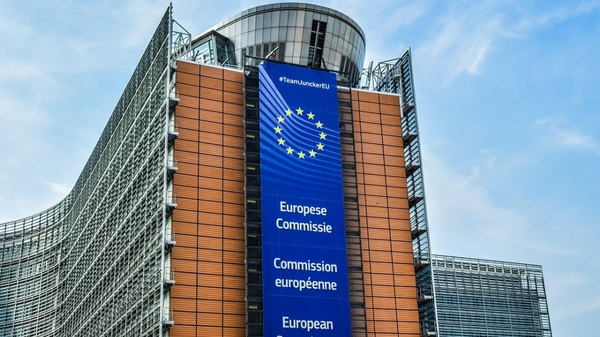
|
EU proposes phase-out of high-risk biofuels from renewable energy targets by 2030
Draft regulation sets linear reduction trajectory starting in 2024, with contribution reaching zero by end of decade. |
|
|
|
||
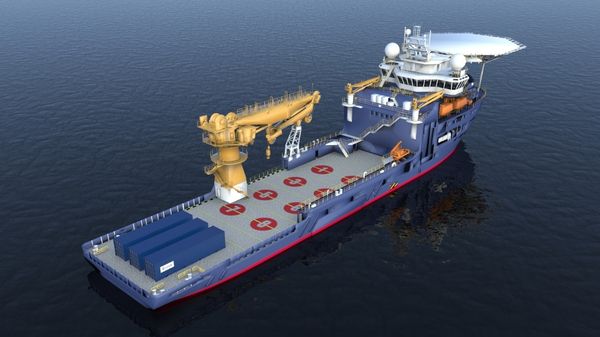
|
H2SITE launches Norwegian subsidiary to advance ammonia-to-power technology for maritime sector
Spanish technology firm establishes Bergen hub to accelerate deployment of ammonia cracking systems for shipping. |
|
|
|
||

|
CMA CGM names 400th owned vessel as methanol-fuelled containership
French shipping line reaches fleet ownership milestone with 15,000-teu dual-fuel methanol vessel. |
|
|
|
||
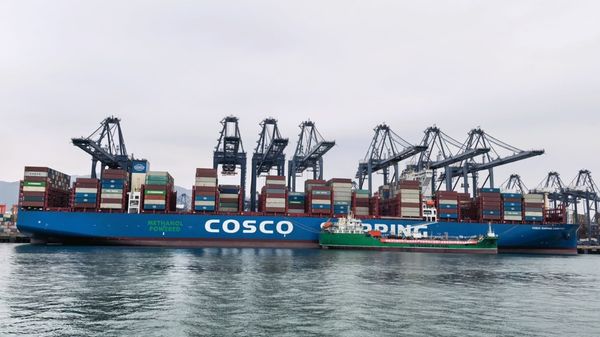
|
Wah Kwong adds China’s first dual-fuel methanol bunkering vessel to managed fleet
Da Qing 268 completed maiden operation at Shenzhen’s Yantian Port on 21 January. |
|
|
|
||
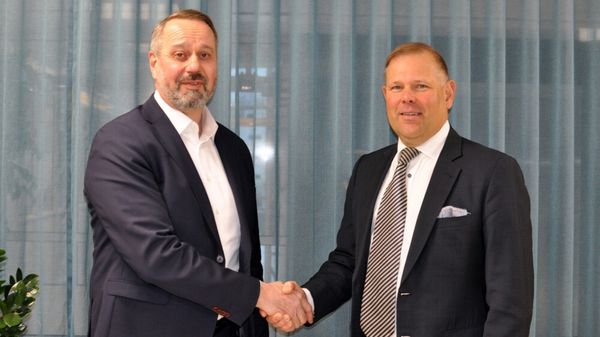
|
Sumitomo SHI FW licenses VTT syngas technology for sustainable fuels plants
Agreement enables production of green methanol and SAF from biowaste for global gasification projects. |
|
|
|
||
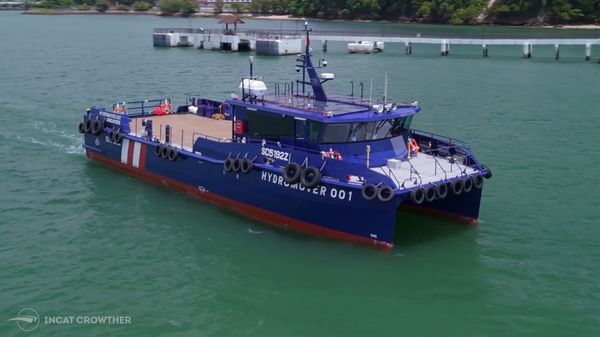
|
Yinson GreenTech launches upgraded electric cargo vessel in Singapore, expands to UAE
Hydromover 2.0 offers increased energy storage capacity and can be fully recharged in under two hours, says designer. |
|
|
|
||
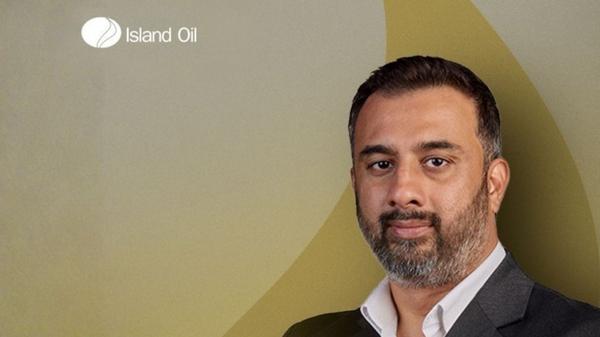
|
Island Oil appoints Nildeep Dholakia as senior trader in Dubai
Marine fuel supplier expands Dubai team as part of regional growth strategy. |
|
|
|
||
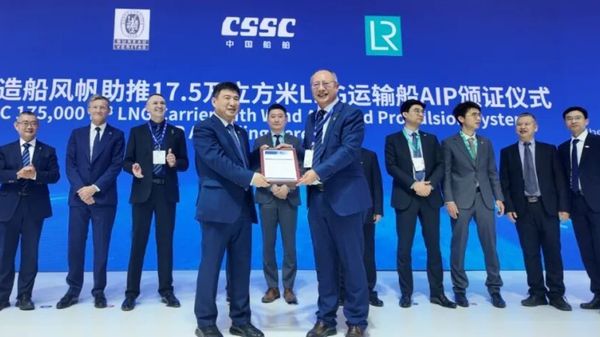
|
Dalian Shipbuilding's wind-assisted LNG carrier design receives Bureau Veritas approval
Design combines dual-fuel propulsion with foldable wing sails to cut emissions by 2,900 tonnes annually. |
|
|
|
||
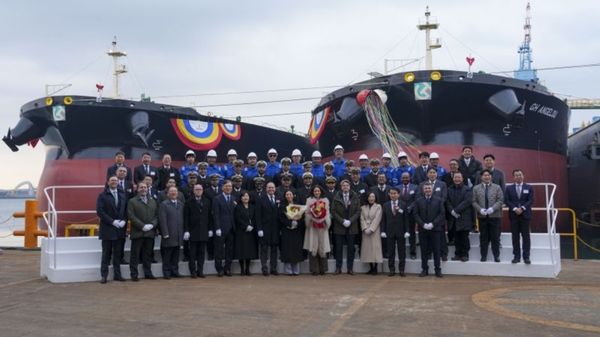
|
Anglo-Eastern adds two methanol-ready Suezmax tankers to managed fleet
GH Angelou and GH Christie were christened at HD Hyundai Samho Shipyard on 5 January. |
|
|
|
||
| IMO issues training guidelines for seafarers on alternative fuels [News & Insights] |
| ClassNK partners with GTT Training to offer alternative fuels courses [News & Insights] |
| SHI develops VR training solutions for Evergreen's methanol-fuelled ships [News & Insights] |